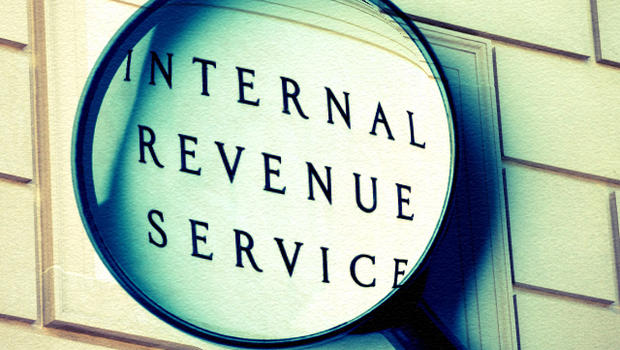The IRS’ official task is to collect taxes as required by the Internal Revenue Code. But because not every taxpayer pays taxes on time or in the correct amount, the IRS effectively becomes a debt collector — and what an effective and powerful debt collector it is.
The IRS has several tools to collect taxes owed. One of its most feared and powerful tools is the tax levy. Tax levies are particularly burdensome because they allow the IRS to take your personal property and assets. Luckily, the IRS can’t go about taking whatever personal assets it wants. It has particular rules about what it can levy and how much it can take.
Tax Levy Basics
A tax levy is the actual taking of property by the IRS in order to pay a tax debt. The two main types of tax levies include wage garnishments and the seizure of personal assets.
A tax levy usually won’t occur unless a tax lien has been placed on the taxpayer’s property first. A tax lien is a security interest taken by the IRS in all of a taxpayer’s property. The purpose of the tax lien is to protect the IRS’ ability to collect the tax debt from a particular taxpayer.
Personal Property Subject to IRS Seizure
The specific types of property the IRS may seize in order to satisfy a tax debt is vast. Examples include paychecks, personal residences (subject to exceptions), vehicles and financial accounts. Basically, almost anything a taxpayer owns can be levied, unless specifically excluded by law. So an easier way to identify which personal assets can be seized by the IRS is to find out what personal assets must be left alone.
Personal Property That Cannot Be Collected by the IRS
Section 6334 of the Internal Revenue Code lists types of property that the IRS may not seize when attempting to recover an unpaid tax debt. These include:
- Essential clothing
- Up to about $7,700 worth of personal effects and furniture
- Up to about $3,800 worth of books or tools necessary for schooling or work
- 85% of a taxpayer’s public assistance, worker’s compensation and unemployment benefits. The IRS may levy these income sources, but only up to 15% of the amount.
- Undelivered mail
- Certain pension and annuity payments
- Wages necessary to pay child support and provide for basic living expenses
Personal vehicles and residences are subject to IRS seizure, but there are limitations and exceptions to this. Additionally, the IRS understands that there’s no point in taking something that might hinder a taxpayer’s ability to pay its tax debt.
For example, if a taxpayer needs his or her car to get to work, the IRS is probably not going to seize the car. Doing so might result in the taxpayer becoming unemployed and therefore the IRS will have a more difficult time collecting the tax debt.
An overarching theme of the IRS’s seizure powers is that it will take as much as it can to collect its tax debt, but it won’t take so much that the taxpayer is either unable to pay the rest of the tax debt or becomes destitute.
In Closing
The IRS’ public policy considerations and list of exempt property are hardly going to serve as a consolation to anyone facing a tax levy. A taxpayer facing a potential levy is understandably going to be scared and extremely concerned. In order to stop the IRS from taking your personal property, you’ll likely need help from a tax professional.


